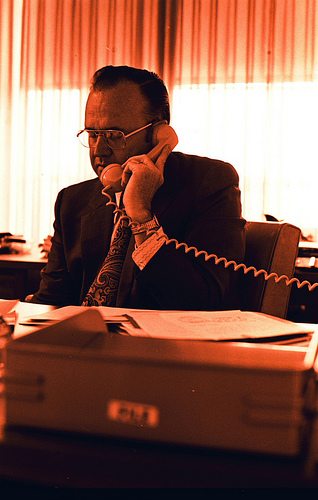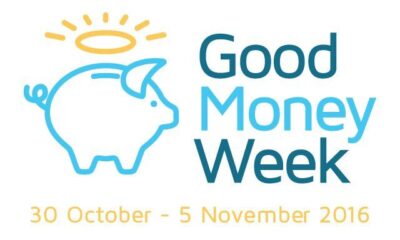

Invest
Financial regulator acts to stop suspected ‘boiler room’ scam
The Financial Conduct Authority (FCA) has moved to freeze the assets of a suspected boiler room scam, after a High Court judge last week agreed that First Capital Wealth (FCW) posed a serious risk to consumers.
The regulator said that it had taken action because it suspects that FCW was arranging and promoting the sale of investments in Berkeley Brookes LLC without its authorisation. The FCA believes that as least 20 investors invested more than £650,000 in the firm between July and November 2013.
Tracey McDermott, director of enforcement and financial crime at the FCA, said, “We have a statutory objective to secure an appropriate degree of protection for consumers and to protect and enhance the integrity of the UK financial system.
“Stopping boiler rooms and other investment frauds, who rip-off consumers and tarnish the reputation of honest, hardworking, investment firms, is therefore an important part of the work we do.”
Share scams are often run from ‘boiler rooms’ where fraudsters cold call investors offering them worthless, overpriced of even non-existent shares. The fraudsters use high-pressure sales tactics and promise high returns but investors often end up losing all their money.
The FCA estimates that as much as £200m is lost each year in the UK through such scams, with an average victim losing £20,000.
Mark Hoskin, a partner at London-based financial advisory firm Holden & Partners, said, “Unfortunately these types of organisations do exist and they tend to target the vulnerable.
“These days, lists of people who are likely to buy, based on prior behaviour, are available to organisations trying to sell products. So unfortunately if you have been defrauded once, you will most likely be targeted again.”
The government and charities recently warned that elderly and vulnerable investors might be tricked into buying potentially worthless carbon credits. More than 1,000 investors have been convinced to buy carbon credits and 19 companies have been shut down in relation to the scam.
How to avoid being scammed
Julian Parrott, a partner at Ethical Futures in Edinburgh, said he continued to be surprised by the number of people taken in by these types of scams. He recommended that investors follow six important steps to avoid being conned:
1. If it looks too good to be true, it probably is
2. Don’t respond to a cold call; professional advisers would not approach a new client in this way
3. Check if the adviser you are speaking to is Financial Conduct Authority (FCA) regulated – you can do a quick check online – if not don’t continue your consultations
4. Don’t invest in an unregulated investment unless you understand the risks and are an experienced investor; most advisers wouldn’t recommend them – so why should you buy one?
5. A professional adviser will seek to establish your attitude to risk and capacity for loss
6. Go through personal recommendations; establish a working relationship with an independent financial adviser; get written, detailed recommendations and product information – and make sure that you are happy before you invest any money
Further reading:
Elderly retail investors at risk of carbon credit scam
Don’t be fooled; voluntary carbon credits are not investments
Criminals are targeting carbon trading schemes, says Interpol
Investors call for Emissions Trading Scheme fix
The Guide to Ethical & Sustainable Financial Advice


 Environment12 months ago
Environment12 months agoAre Polymer Banknotes: an Eco-Friendly Trend or a Groundswell?

 Features11 months ago
Features11 months agoEco-Friendly Cryptocurrencies: Sustainable Investment Choices

 Features12 months ago
Features12 months agoEco-Friendly Crypto Traders Must Find the Right Exchange

 Energy11 months ago
Energy11 months agoThe Growing Role of Solar Panels in Ireland’s Energy Future




























